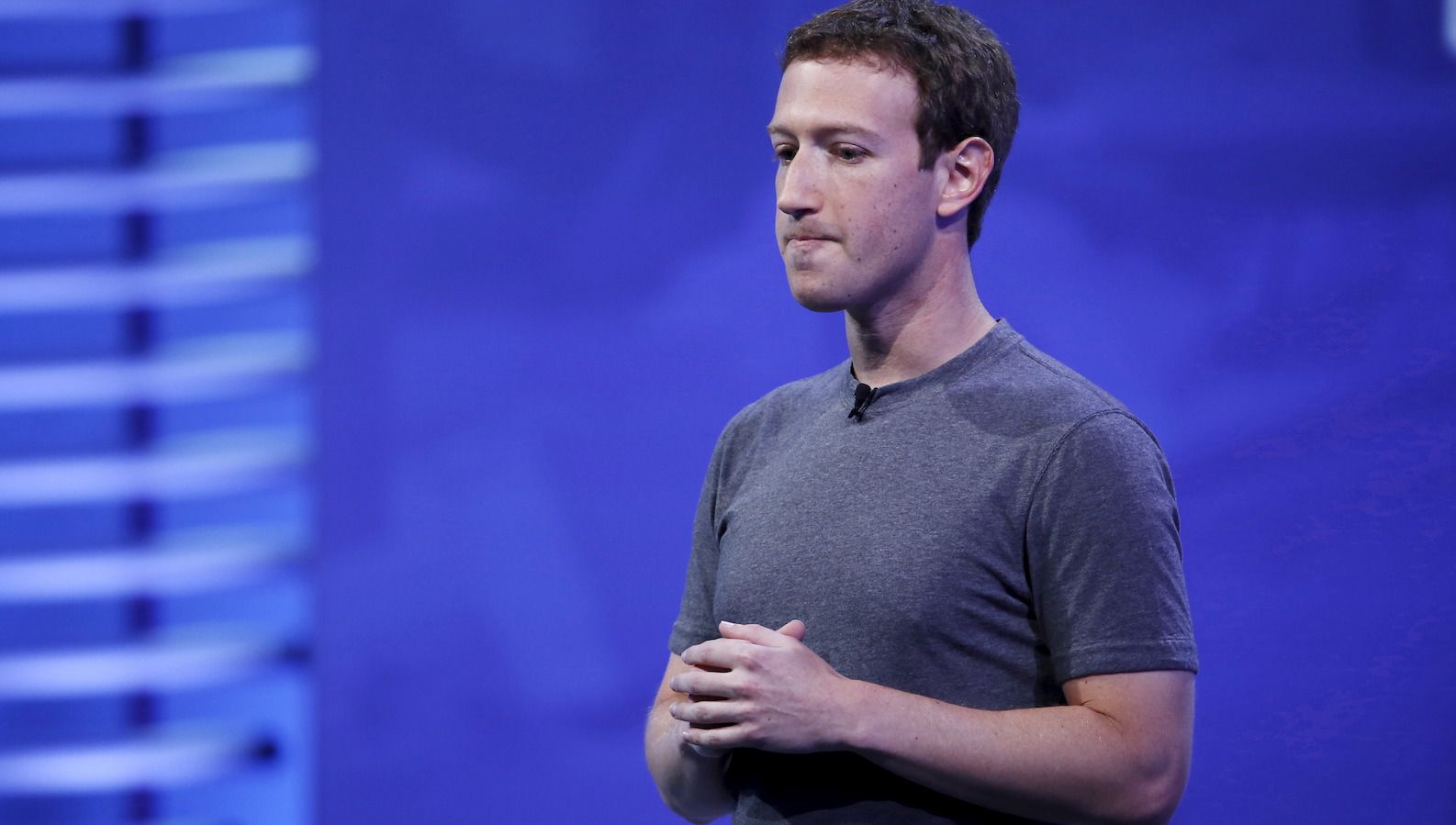Facebook will now show you more posts from friends and family than news
Facebook said it plans to alter its algorithm to favor content from friends and families over publishers and brands. In a post published yesterday (Jan. 11), CEO Mark Zuckerberg wrote the company’s objective was no longer primarily to surface “relevant content” for Facebook’s 2 billion users, but to prioritize meaningful social interactions that benefit them.


Facebook said it plans to alter its algorithm to favor content from friends and families over publishers and brands. In a post published yesterday (Jan. 11), CEO Mark Zuckerberg wrote the company’s objective was no longer primarily to surface “relevant content” for Facebook’s 2 billion users, but to prioritize meaningful social interactions that benefit them.
“We built Facebook to help people stay connected and bring us closer together with the people that matter to us,” Zuckerberg wrote. “But recently we’ve gotten feedback from our community that public content—posts from businesses, brands and media —is crowding out the personal moments that lead us to connect more with each other.”
That marks a tectonic shift for Facebook’s algorithm which has been built to prioritize engagement (and monopolizing users’ attention) above almost all other considerations. That has helped propel the company’s revenue to record highs, hitting about $34 billion last year, but the strategy has drawn fierce criticism for favoring inflammatory and misleading content. That criticism grew even fiercer after a 2016 election in which Facebook proved crucial for Donald Trump’s successful campaign to win the White House. Russian-backed actors during the election cycle produced content reaching more than 126 million users, much of it promoting Trump.
Zuckerberg said Facebook users should now expect to see less content from businesses, brands, and media and more from friends, family, and groups. Factors such as the number of people who react to, comment on, or share posts will be less important than the content’s success at sparking a conversation. The changes are part of Facebook’s redesign to increase “meaningful interactions” and reduce “passive consumption of low-quality content—even if it decreases some of our engagement metrics in the short term.” Facebook says it will actively demote popular clickbait headlines and false news, and give precedence to posts from close friends. The Wall Street Journal also reports (paywall) that news outlets’ status in public polling and readers’ willingness to pay for subscriptions may be considerations for favoring that content, although the company did not confirm this.
The change will hit some publishers hard, especially those banking on video. Facebook has been steadily reducing companies’ reach in the news feed over the last year, and that’s now likely to become even more severe. That also means the years and millions of dollars brands and publishers have spent building up their presence may be for naught. However, users can still choose “See First” to raise their favorite pages’ visibility in the news feed, and posts with public content that generate genuine conversation will still be prioritized by the updated algorithm (Facebook warned that “engagement bait” tactics such as “LIKE this if you’re an Aries!” will be punished).
This change has already been flagged by the company. The head of Facebook’s News Feed, Adam Mosseri, wrote in December on Twitter that the company was ready to “focus on how we can make Facebook more about interacting with people and less about spending time.”
In a blog post, Facebook argued that researchers had found connecting with friends and family on social media could be beneficial while passively consuming articles and videos was not. On Jan. 11, Mosseri took to Twitter to say the new updates were designed to accept this reality by promoting meaningful interactions whereas in 2016 “we were focused on people seeing more stories from friends.” Facebook’s research suggested it would consider factors such as the length of posts, number of comments, and how users add context to content before sharing it.
Users can expect more changes to come. Zuckerberg’s goals for 2018 included “making sure that time spent on Facebook is time well spent.”
“This will be a serious year of self-improvement and I’m looking forward to learning from working to fix our issues together,” he wrote.